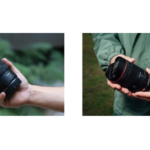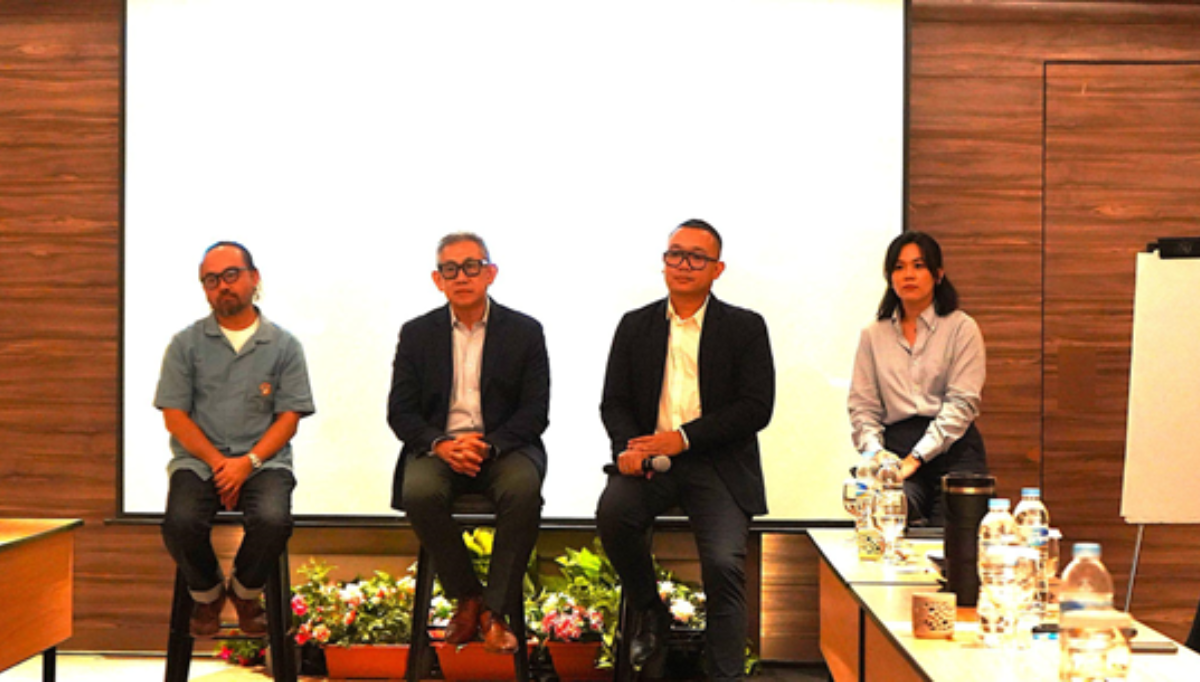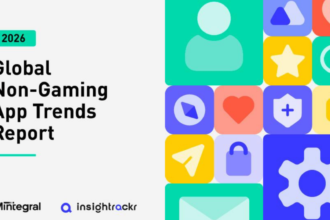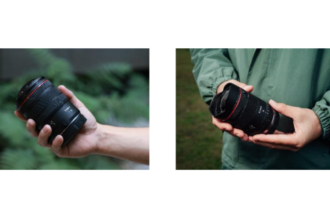The public’s information-seeking behavior is increasingly shifting toward artificial intelligence (AI). Many now rely on generative AI as their primary search tool, creating a new challenge: declining website visits due to the zero-click phenomenon. This trend is occurring globally, including in Indonesia.
In response, Maverick has released a study, believed to be the first of its kind in Indonesia, on generative AI visibility. Focusing on the banking industry, the research analyzed more than 400 prompts across six AI platforms (ChatGPT, Gemini, Perplexity, Copilot, Google AI Overview, and Grok) throughout July 2025. The results revealed that nearly 70% of AI references came from editorial media (earned media).
“AI Search has emerged as potentially the most influential ‘influencer’ in modern reputation management and brand building,” said Ong Hock Chuan, Founder of Maverick Indonesia. “Successful communication now requires understanding how to ‘influence the influencer’—the AI systems that shape public perception. This creates a significant opportunity for PR professionals, who possess unmatched expertise in earned media strategy, message consistency, and credibility building.”
Brand Perception Through the ‘Eyes’ of AI
The white paper titled AI Visibility of Indonesian Banks 2025: A Study on Generative Research and Source Influence in Indonesia and launched at The Comms Club Vol. 15: Your Bank’s AI Visibility and Why This Matters. The study focused on KBMI 4 and KBMI 3 banks, assessing five key pillars of reputation: financial stability, regulatory compliance and governance, security & data protection, customer experience & trust, and brand value and perception.
The study also found that AI rarely produces negative assessments of a brand. Most of the evaluations tend to be neutral or positive, with 71% of citations coming from articles published within the past year, suggesting a preference for sourcing from recently published articles.
Another speaker at The Comms Club, Dian Gemiano, Chief Marketing Officer of Kompas Gramedia Group and Chairman of the Indonesia Digital Association (IDA), also confirmed that AI indeed has a preference for citing earned media when gathering information.
This was proven when Kompas.com conducted a trial by opening GridOto’s access to AI. “When users asked AI to compare car brands, whether in terms of price or specifications, the answers frequently referenced articles from GridOto. It shows how earned media continues to play an effective role in shaping the information AI relies on,” said Dian.
Maverick Launches MavGEO to help clients boost their AI Visibility
Securing AI visibility is one of the most hotly contested efforts in reputation management and brand building today, but the breakneck speed of AI’s evolution and changes can be bewildering to corporations and brands.
“To help them navigate this new frontier, Maverick today also launched Maverick Generative Engine Optimization (MavGEO) services, a groundbreaking solution to help clients determine and boost their AI visibility as well as to take proactive measures against misinformation that AI might pick up. Although AI search algorithms will change, one thing is clear, AI is here to stay as a source of perceived authoritative information. In such a situation, standing still is not enough,” said Ong. “Early adopters will lock in AI visibility while their competitors will continue to debate its effectiveness.”
Access the full AI Visibility of Indonesian Banks 2025 report at this link. This study provides a comprehensive overview of how AI platforms reference and shape perceptions of the banking industry in Indonesia, as well as the emerging trends influencing the relationship between media, technology, and public reputation.
Legal Disclaimer: The Editor provides this news content "as is," without any warranty of any kind. We disclaim all responsibility and liability for the accuracy, content, images, videos, licenses, completeness, legality, or reliability of the information contained in this article. For any complaints or copyright concerns regarding this article, please contact the author mentioned above.

















